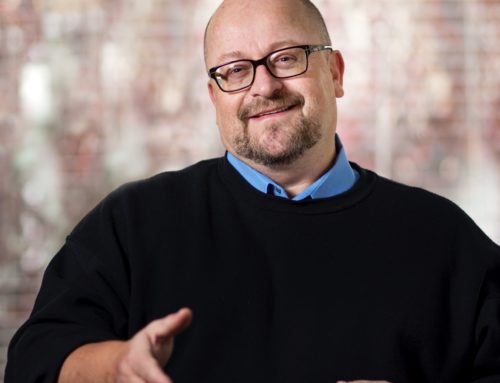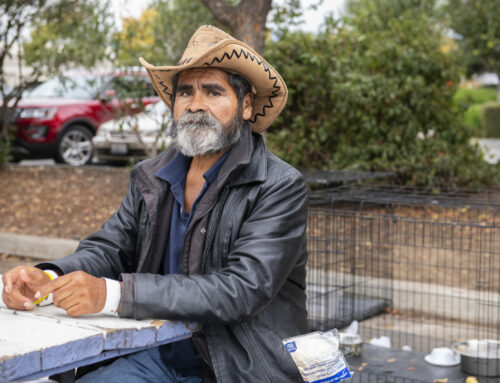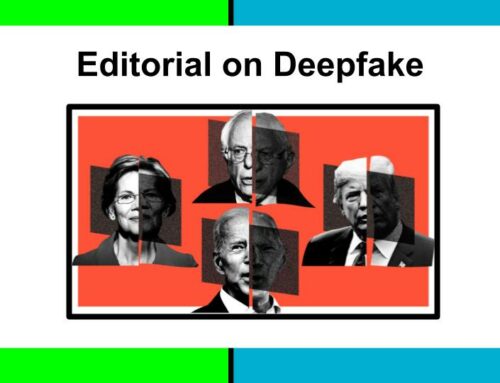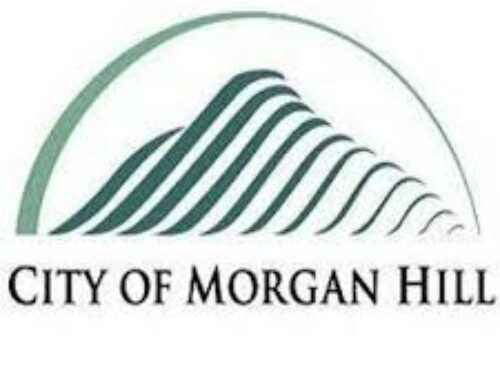Published in the August 29 – September 11, 2018 issue of Morgan Hill Life
By Marty Cheek
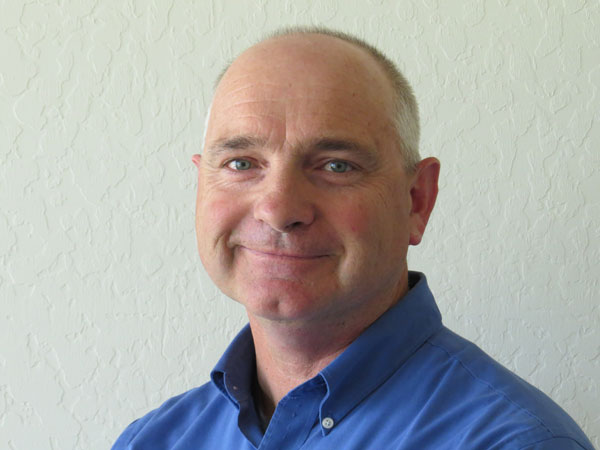
Marty Cheek
Shortly after earning my degree in journalism at San Jose State University in the early 1990s, I got hired as a reporter at an international news service. The editor informed me on my first day that the guy who held the position before me had been unceremoniously fired for the most heinous sin a journalist can commit. He had faked quotes and created fictitious source attributions.
That dishonest reporter serves as a warning about how much news professionals believe in journalism integrity. News requires high standards that ensure absolute credibility in the information that streams into the public sphere.
No doubt, unscrupulous reporters who cross that unholy line into make-believe news still exist in modern media. That’s especially true in an age of 24-hour news cycles where, thanks to the instant distributive power of the Internet, many reporters hunger to feel the pride of a first-place finish in the race to get the story to the audience. That speed, however, comes with the danger of a lack of accuracy caused by the failure to vet the facts. The vast majority of reporters, however, have a sense of integrity in doing their job day after day. Most journalists strive to produce stories that are factual and unbiased.
A free press is a vital component in the machinery of American democracy. This nation’s founders knew well that a republic needs fact-based news and information for citizens to have an intelligent discussion on the issues impacting the quality of life of a community and a country. With the inclusion of protection of a free press into the First Amendment, journalism is the only industry protected in the United States Constitution.
My mother briefly met Joseph Goebbels when she was a young child growing up in Berlin during the 1930s. The evil genius of propaganda understood well how media works in shaping public opinion and the social psyche. When the Nazis took control of Germany’s government, one of the first things they did was eliminate the free press. They could control an entire nation by stopping news that did not flatter the Führer or his political party. The seeds of fascism take root when journalists are no longer around to do their job of pulling out the weeds of falsehoods.
My father taught music to Japanese-American children at the Tule Lake Internment Center during World War II. I’ve often wondered why news reporters never questioned the federal government incarcerating 120,000 people of Japanese descent behind barbed wire fences and machine gun nests in isolated areas of America. The 2015 book “Community Newspapers and the Japanese-American Incarceration Camps: Community, Not Controversy” by Drexel University professor Ron Bishop found that the media “briefly — very briefly — gave Japanese-Americans the chance in articles to discuss their patriotism, but then, when the government fabricated news of spying, coverage turned ugly.” Newspaper staff and the public shared no real moral concerns or outrage at the violation of their fellow citizens losing their constitutional right to due process.
The media’s role is to serve as the watchdog of democracy, a role America’s founders saw as crucial to making elected civic officials think twice before taking illegal or unethical actions that would erode the process of good governance. Unfortunately, the news industry’s past is not perfect. Publisher William Randolph Hearst incorporated “yellow journalism” in his chain of dailies in 1898 to instill anti-Spanish sentiment in the minds of Americans and beat loud the drum of war. In more recent times, mainstream media failed in its duty by not digging deep into the documents demonstrating the government’s claims were false that Iraq played a role in the Sept. 11 terrorist attacks. The resulting war has been costly for America not just in dollars but in deaths and broken bodies.
A trust in journalism is a pillar of the American republic. That’s why it’s disturbing to hear the results of a recent survey done by Quinnipiac University of 1,175 voters. When asked “which comes closer to your point of view: the news media is the enemy of the people, or the news media is an important part of democracy?,” 26 percent of respondents favored the former. The poll said 44 percent believed that criticism by the U.S. president of the news media will lead to violence against the people working in journalism.
Norwegian playwright Henrik Ibsen wrote a powerful play in 1892 titled, ironically, “An Enemy of the People.” It’s a drama I’d like to see a local theater company produce because it reflects the media in our time. The story focuses on an idealistic doctor who discovers the mineral baths of his small town have been contaminated and are a health danger to the public. He tries warning his fellow citizens through the local newspaper, but the press’s editor is quickly dissuaded by the town’s officials because closing the baths would mean a loss of tourism dollars. Ibsen’s message is that human greed too often trumps good governance.
I’ve asked myself a lot lately, “Is the media truly the enemy of the people?” It’s a crazy question for turbulent times. Who knows? Maybe there really is a vast cabal of journalists out there with the diabolical scheme to bring down America through the stories they produce. If that’s so, I sure didn’t get the memo to be included in this “collusion.”
Earlier this month, hundreds of newspapers across America followed the Boston Globe’s lead and published editorials warning readers about “the dangers of the administration’s assault on the press.” The Senate that same day passed a resolution in support of press freedoms. It affirmed “the press is not the enemy of the people.”
No doubt there is “fake news” in the vast ocean of information provided by the Internet. Like my predecessor at the news service, reporters exist who have not an ounce of journalism ethics. Unfortunately, they produce content that is not based on fact or has an ulterior motive to dishonestly sway public opinion through sensationalism.
Fake news is dangerous for democracy. It’s even more dangerous for the American people to constantly hear our politicians attack the legitimate reporters as “dishonest” and “disgusting” producers of “fake news.” That kind of talk erodes the public’s trust in the free press. And that erosion eventually leads to the collapse of good governance.
We care about our South Valley community. We want Morgan Hill Life to serve your interests to the best of our abilities. Our mission is to protect and enhance the quality of life for all who live here through the news we provide.
You, our readers, need honest and fact-based news now more than ever. We believe in journalism where reporters seek the truth and provide the facts. The vast number of journalists in America work hard to do exactly that day after day.



